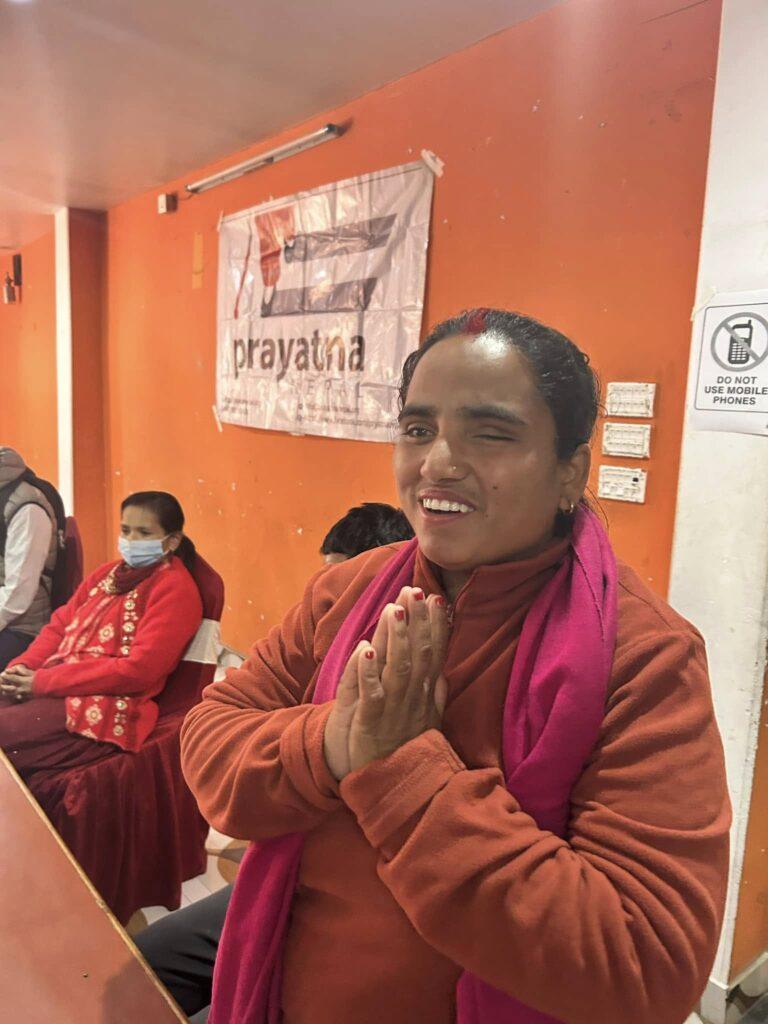
On February 3, 2025, Prayatna Nepal hosted a Peer Counselling Workshop on Gender-Based Violence in Pokhara, led by senior clinical psychologist Dr. Bijay Gyawali. The program welcomed 13 visually impaired married couples for a day of honest conversations, practical advice, and mutual support. The session focused on understanding how personal experiences influence relationships and provided simple, actionable strategies to nurture trust, communication, and respect between partners. Couples discussed real-life challenges, explored healthy ways to handle disagreements, and learned that resolving conflicts is a shared responsibility that requires patience and compromise.
By creating a safe and inclusive environment, the workshop encouraged participants to open up, share, and listen strengthening emotional connections and promoting healthier family life. This initiative reflects Prayatna Nepal’s dedication to empowering women with disabilities and fostering stronger, more supportive partnerships.


